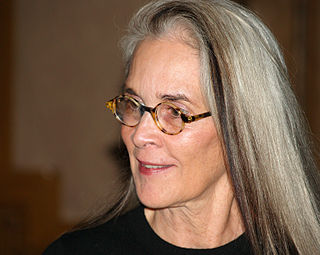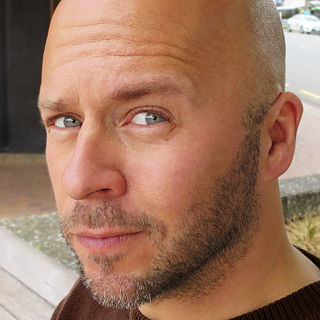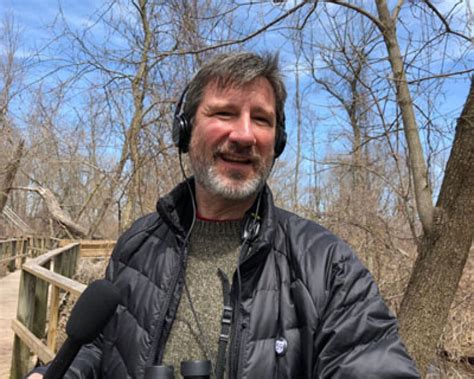A Quote by Alan Furst
Yes, I'm a reasonably good self-taught historian of the 1930s and '40s. I've never wanted to write about another time or place. I wouldn't know what to say about contemporary society.
Related Quotes
It is one thing to write as poet and another to write as a historian: the poet can recount or sing about things not as they were, but as they should have been, and the historian must write about them not as they should have been, but as they were, without adding or subtracting anything from the truth.
I think that were I in the middle of an obsession to write about, say, sudden oak death in California or my grandchildren or time and memory and how they look when you get to be in your sixties, and I thought, "Well, yes but people are dying every day in Baghdad," I wouldn't feel guilty about not writing about Baghdad if I didn't have any good ideas about how to write about it.
Some people say, 'Well you're a man; how do you write about women or girls when you don't know about them?' Well, I've got my imagination, and I can write about women. Yes, I'll never be pregnant and give birth to children, but I can imagine a bit of what it's like. When you create characters, it's just about making them really real to people.
I stopped acting when I was about nineteen, twenty, when I got thrown out of college. I did act for about ten years. I don't know. I suspect I'm still a reasonably good actor, but I don't really know that I want to get on the stage again ... and having to say all those boring words by me over and over again ... I don't know if I want to do that. Also, I like a certain amount of freedom of movement, and if you're acting, you're stuck in one place for a long time. Having said that, I will probably be onstage next fall.
I have a British voice and a rather formal one at that, having been brought up in post-WWII Britain. My voice is perfectly suited to the sort of book I write, I think. It would not fit a contemporary, besides which I do not know enough about the contemporary world to write convincingly or comfortably about it!
For years, I'd say yes to almost everything, trying to be nice and generous. Feeling obliged to be of service to the world. Maybe also a fear of being forgotten if I don't. But I paid the ultimate price in doing that, because for all those years, I got almost no work done! Some famous authors have written about this: that if they said yes to every request, then they'd never have time to write another book again.
Bill Clinton is the master politician. In one way, you can say that he was never really about self-enrichment - he was interested in power and self-aggrandizement. But Hillary was all about self-enrichment. She really did, I think, feel a sense of entitlement - she wanted money, she wanted power, she wanted prestige.
I write and speak about personal and spiritual growth. One week I write about illness and another week I speak about relationships and another week I write about work and money and another week I speak to people with obesity issues. I write about whatever wounds seem to cry out for more enlightened solutions, and the love that heals them all.
I want my music to be something that people use in order to access parts of themselves. So in that sense, every piece I write is about all emotions at once, about the lines in between. It's never only about one thing or another. It's emotionally getting at those things that we can't really describe - things for which we don't have labels. So yes, it's about something, and it has a use. It's neither about nothing nor about something concrete - it's about what you bring to it as a listener.


































